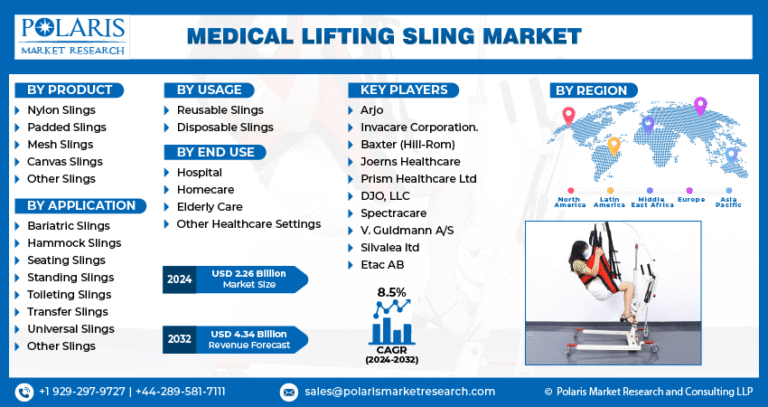Virtual Clinical Trials Market Projected to Reach USD 15.68 Billion By 2034, Growing at a CAGR of 5.4%

The global Virtual Clinical Trials market size was valued at USD 9.28 billion in 2024 and is projected to grow from USD 9.76 billion in 2025 to USD 15.68 billion by 2034 , exhibiting a Compound Annual Growth Rate (CAGR) of 5.4% during the forecast period from 2025 to 2034 .
- Rising Adoption of Decentralized Trial Models: The pharmaceutical and biotech industries are increasingly adopting virtual clinical trials to reduce costs, accelerate recruitment, and improve patient engagement through remote monitoring and digital tools.
- Post-Pandemic Acceleration of Digital Health Integration: The global health crisis has accelerated the adoption of telemedicine, wearables, and mobile health apps, which are now integral to virtual trial designs that eliminate the need for in-person visits.
- Growing Use of Real-World Data (RWD) and Real-World Evidence (RWE): Virtual clinical trials leverage real-world data collected via digital platforms and IoT-enabled devices, enabling more accurate and diverse patient insights.
- Expansion of AI and Analytics in Clinical Research: Artificial intelligence and machine learning are being used to analyze vast amounts of patient-generated data, improving trial efficiency, compliance, and outcome prediction.
- Regulatory Support for Remote Monitoring Tools: Regulatory agencies such as the FDA and EMA are endorsing decentralized clinical trial methods, encouraging sponsors to implement virtual technologies while maintaining data integrity and patient safety.
Market Size & Forecast
- Market Size in 2024 – USD 9.28 billion
- Market Size in 2025 – USD 9.76 billion
- Projected Market Size by 2034 – USD 15.68 billion
- CAGR (2025–2034) – 5.4%
Virtual clinical trials—also known as decentralized or digital clinical trials —leverage digital technologies such as mobile apps, wearable sensors, telemedicine, and electronic informed consent (eConsent) to conduct research outside traditional clinical trial sites. This approach allows patients to participate from home, reducing geographical barriers, increasing diversity in trial populations, and accelerating drug development timelines.
The market is experiencing steady growth driven by advancements in digital health infrastructure, rising demand for patient-centric trials, and growing investments in healthcare technology. Additionally, the integration of cloud-based data platforms, remote monitoring systems, and AI-driven analytics is transforming how clinical studies are conducted across therapeutic areas.
Technological innovation continues to shape the future of this market. Companies are investing in secure data platforms, decentralized trial software, and patient engagement tools to enhance trial execution and compliance. Strategic partnerships between tech firms, contract research organizations (CROs), and pharmaceutical companies are also accelerating the adoption of virtual trial models globally. As the industry moves toward more agile and inclusive clinical research frameworks, the virtual clinical trials market is poised for robust expansion over the next decade.






